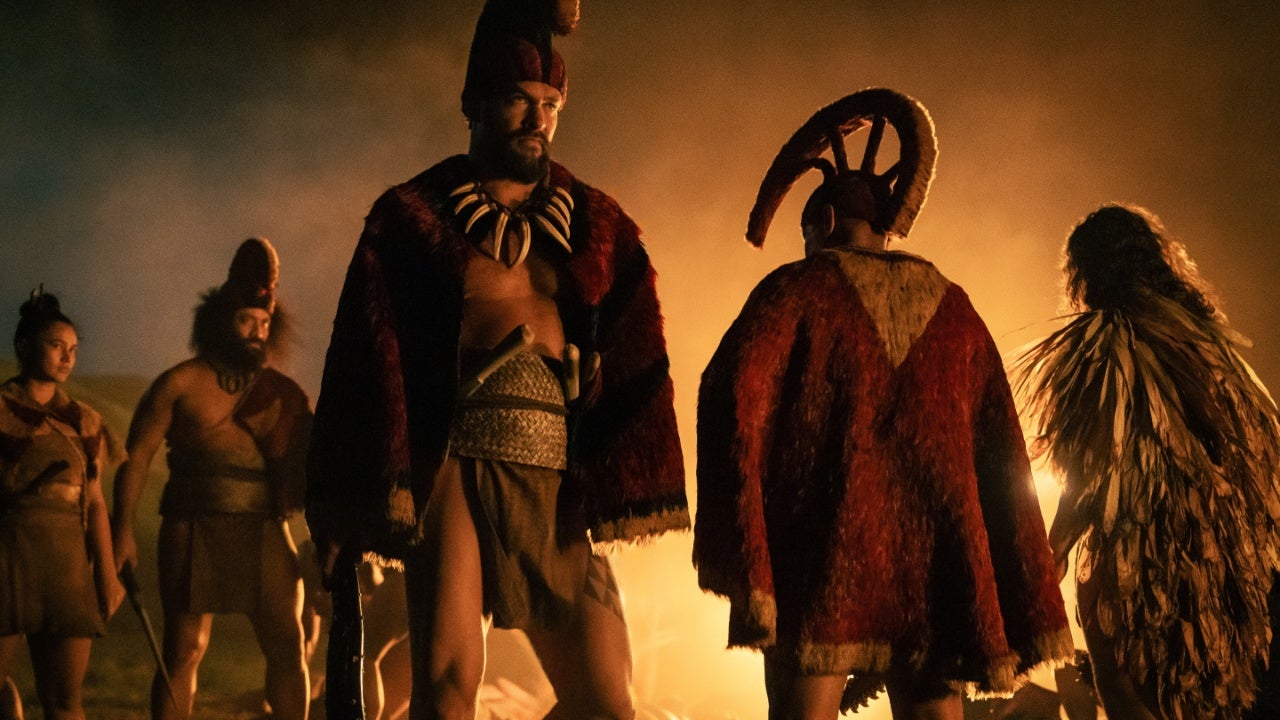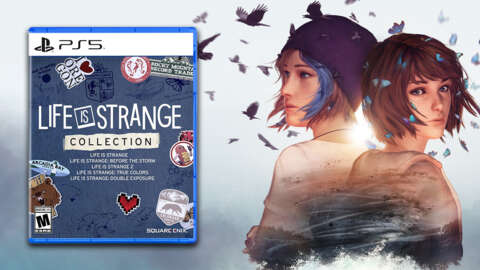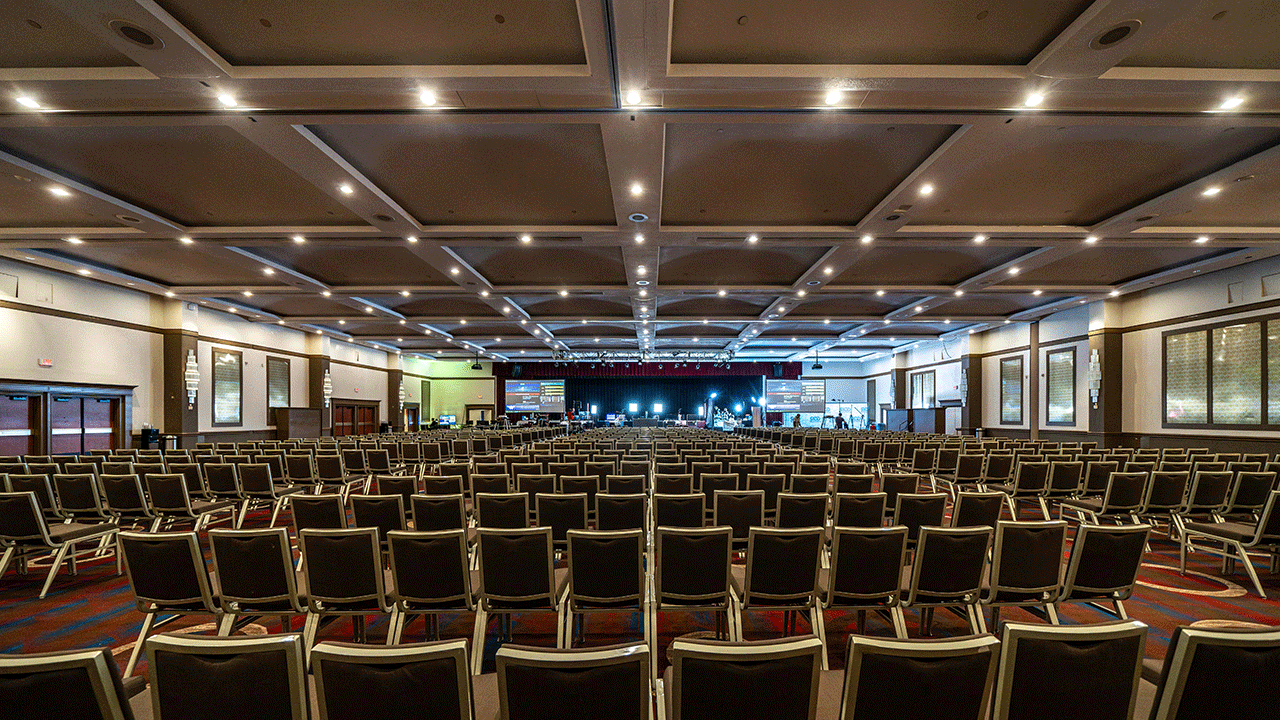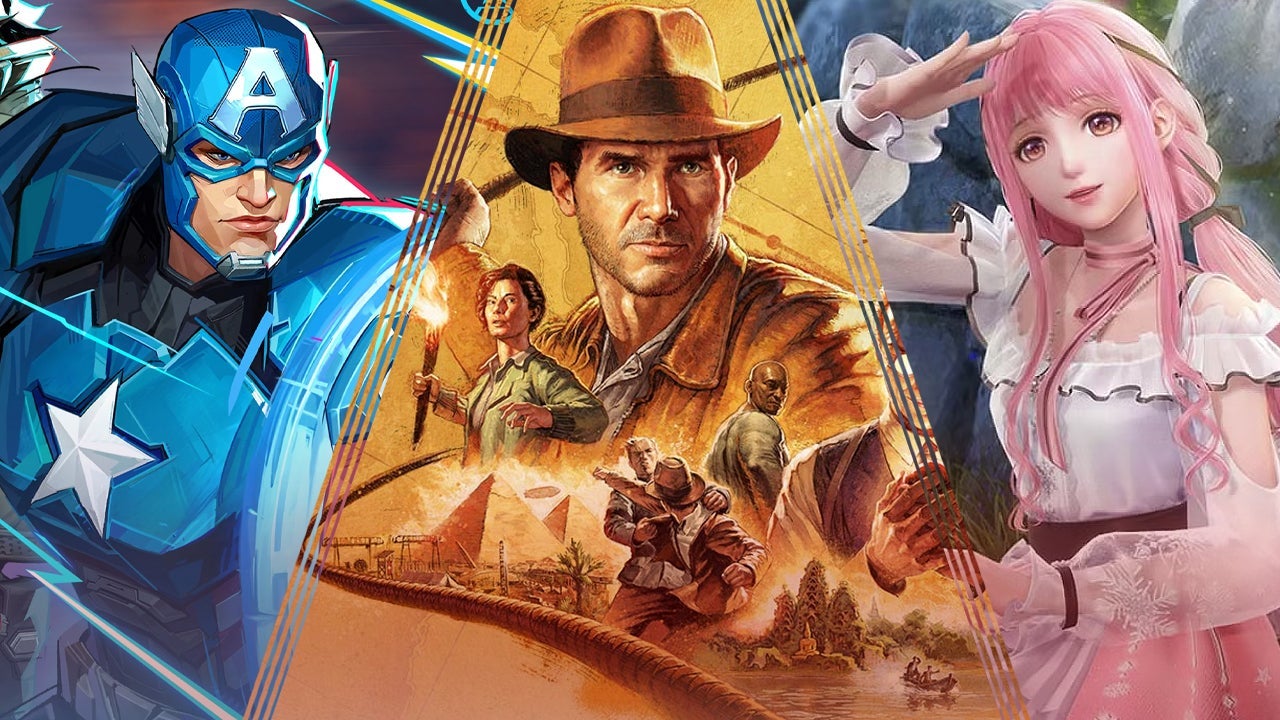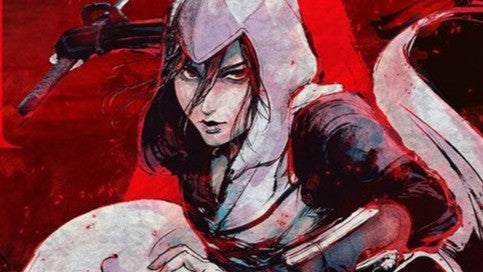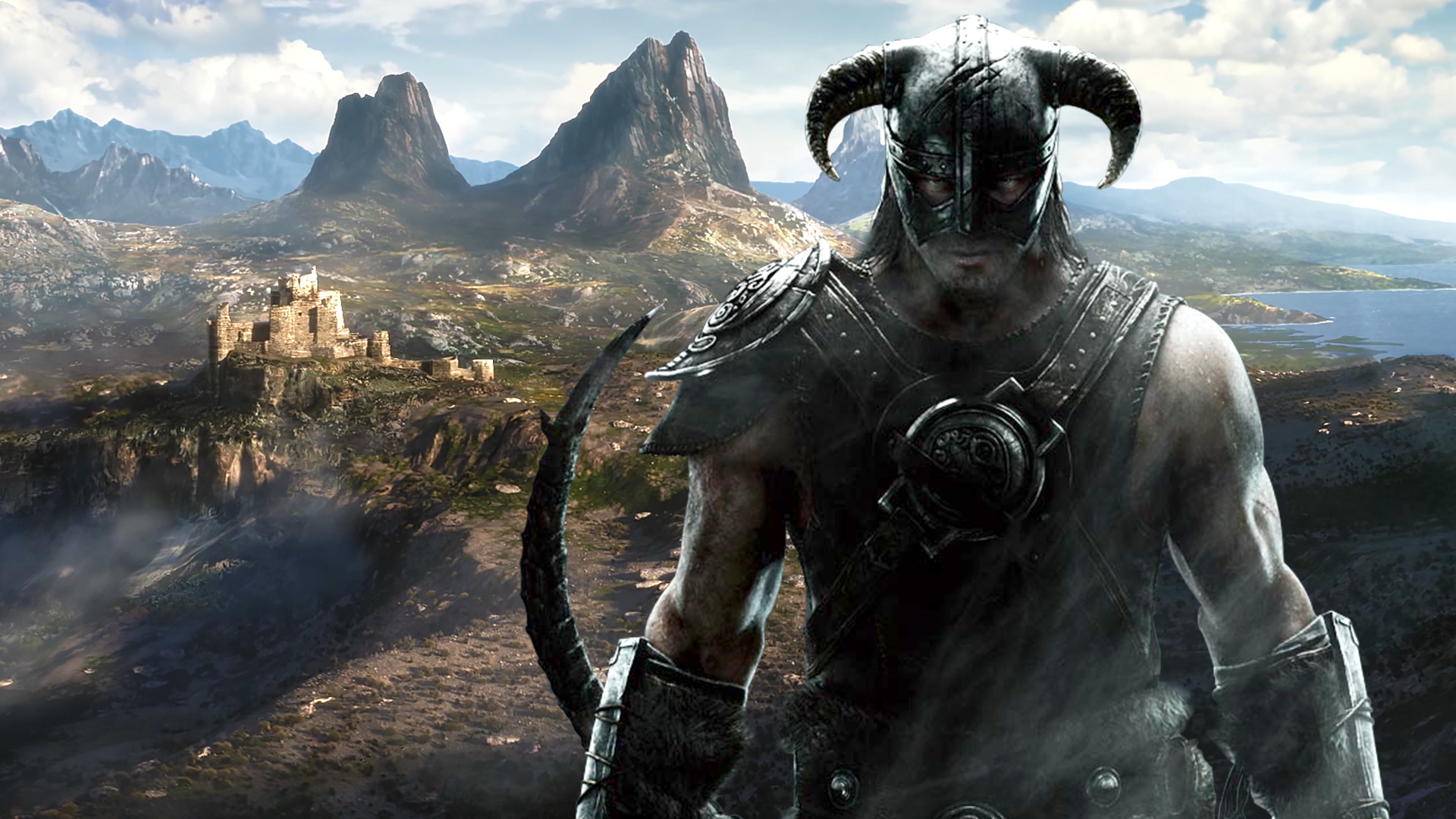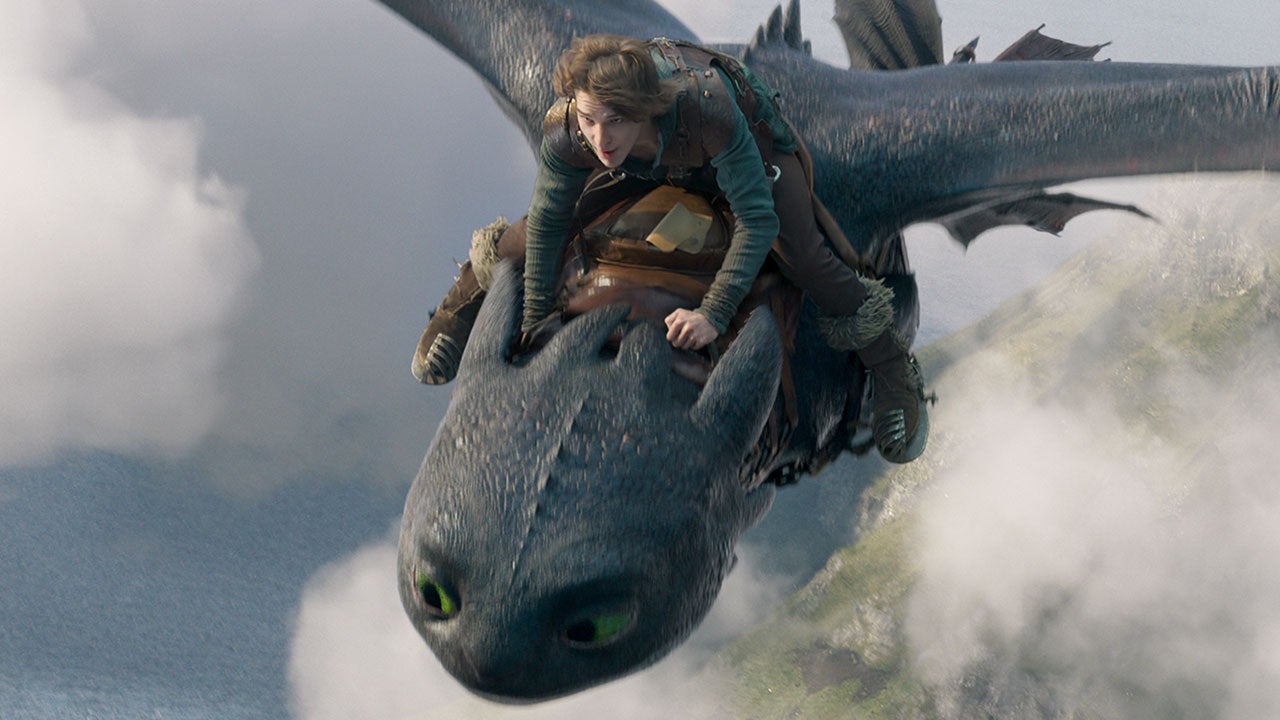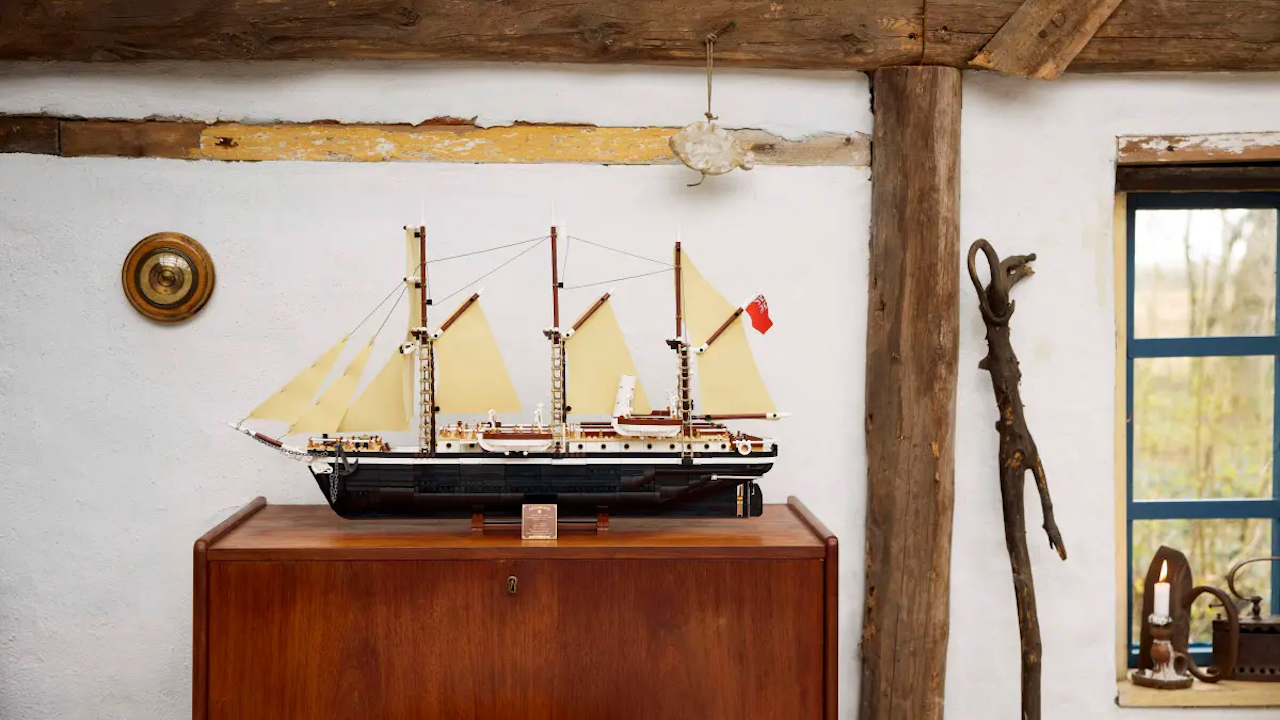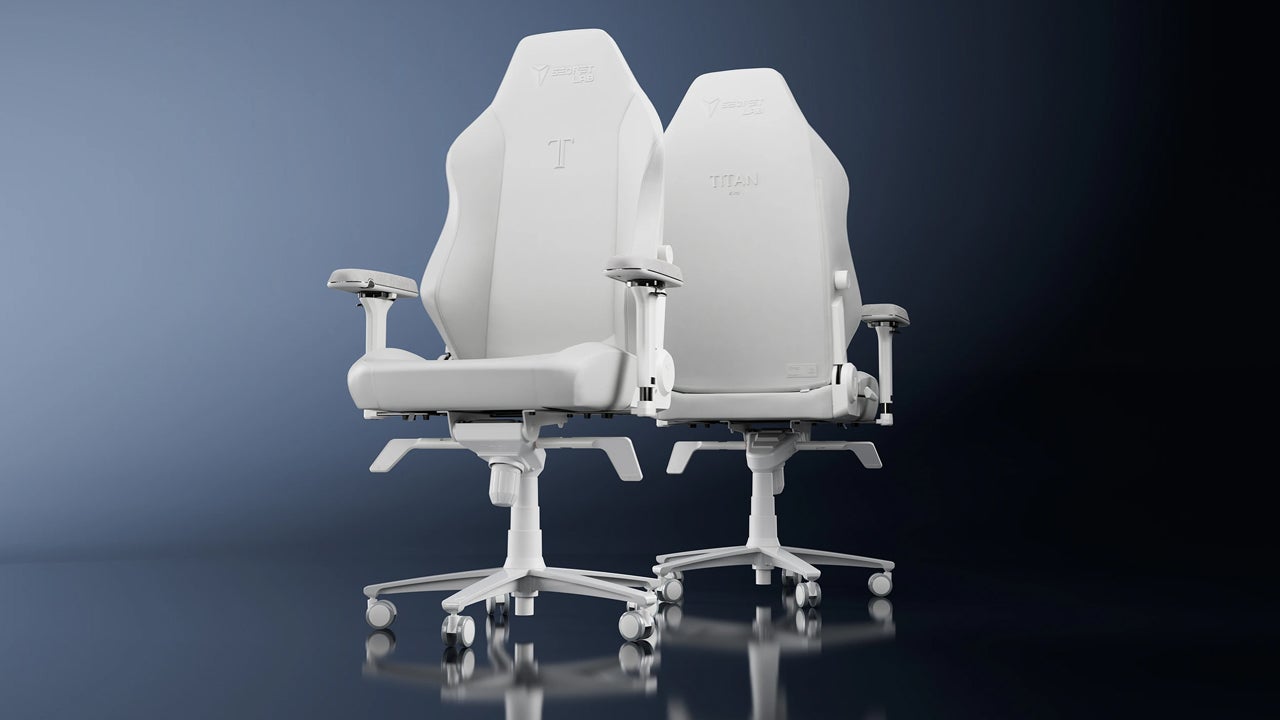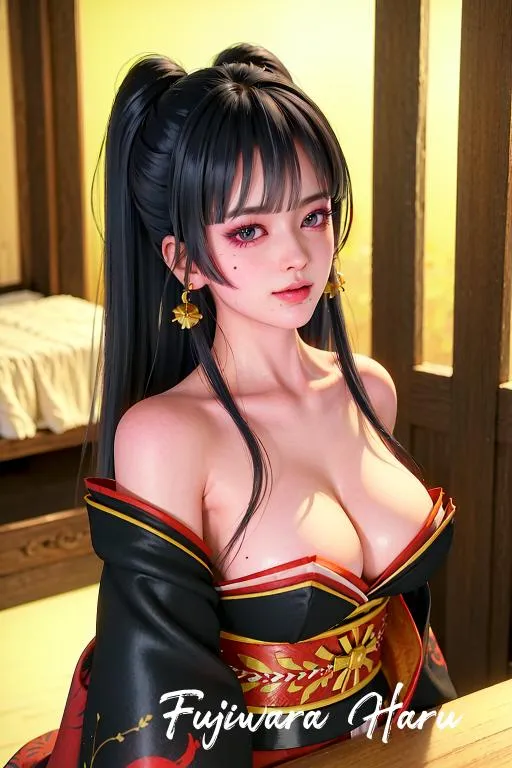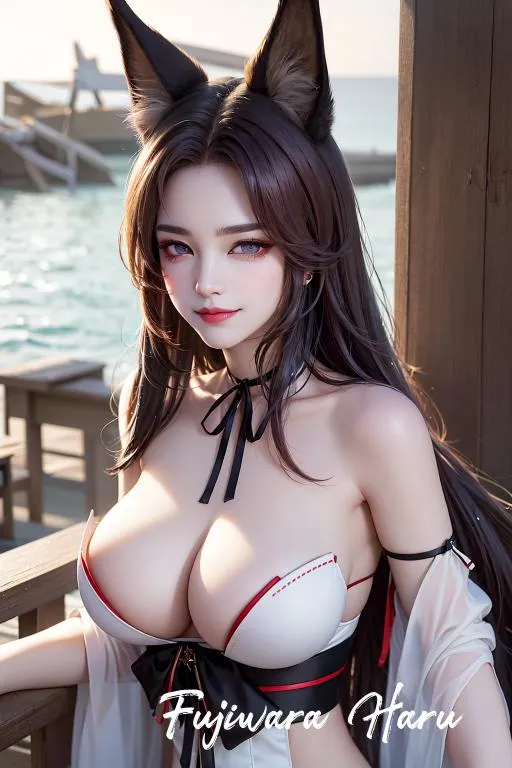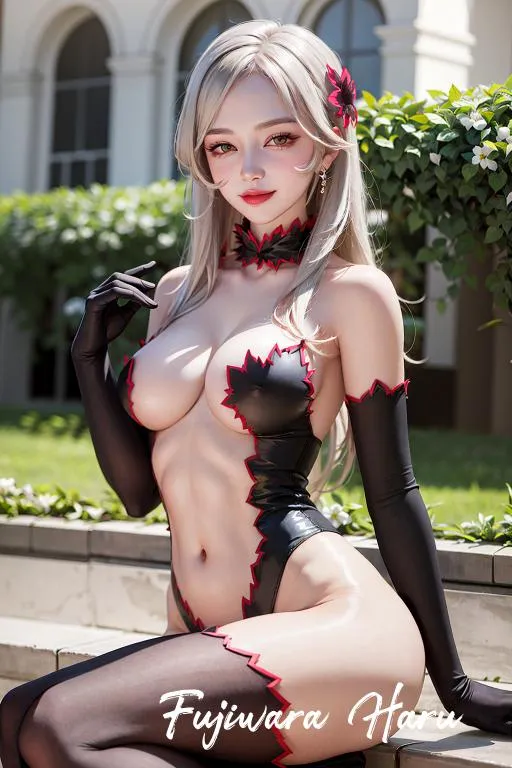
The first two episodes of Chief of War are now streaming on Apple TV+. New episodes debut on Fridays through September 19.
Chief of War, the new Apple TV+ show starring (and co-created) by Jason Momoa, is very aware of its legacy. Depicting the unification of the Hawaiian kingdoms in the 18th century, it carries the weight of being more than just a period piece – it’s also recounting an often unrecognized part of history. Ahead of the release, Momoa has proudly touted the research he and his collaborators did, and echoed a claim that the real-life story is “bigger than Game of Thrones could ever be.” There’s a rightful sense of importance in every battle, every tradition, every connection forged, and lost, on screen. And a little too often that self-seriousness gets the better of the show.
It’s clearly built with a future in mind: Season 1 covers the first bit of Hawaiian unification, quickly establishing a wide cast of chiefs, warriors, advisors, and players, each intent on dealing with the brutality washing up on their shores. Often the answer is a crusade of their own; one of Chief of War’s greatest strengths is that it doesn’t play into a “noble savage” conception of Native Hawaiians, nor do they exist in as a monolith.
Everyone in Chief of War has their own thoughts on what their community needs and what to do about the settlers trying to horn in on their islands – whether they’re a future ruler like Kamehameha (Kaina Makua), or a young woman set to be married off against her wishes like Ka'ahumanu (Luciane Buchanan). There’s enough written in the history books on these conflicts to fuel future seasons – and the ferocity of some of the combat can certainly keep the stakes high enough for a modern epic.
But Chief of War trips over itself, trying to give every storyline the same level of attention and leaving many frayed ends behind. At the center is Ka'iana (Momoa), a warrior chief from Maui who gets pulled into the unification conflict while yearning for a quieter life. In real life, Ka'iana is best known for becoming the first Hawaiian prince to travel abroad. It’s a storyline that Chief of War briefly indulges only to all too quickly loop him back into the main action; establishing Ka'iana’s backstory without really spending that much time pulling at what it came to mean to him. And despite solid work from Momoa, Ka'iana’s characterization gets relegated to something we’re told about (repeatedly) rather than ever really shown.
A show like this doesn’t have to be completely factual, but it should feel like it’s doing something with the story it wants to tell, whether it deviates from history or doubles down. Instead, Momoa and co-creator Thomas Pa'a Sibbett let the story move breathlessly from one focus to the next. There’s a sense for the first few episodes that this is to get to the “real” heart of the story – but Chief of War never really settles into itself. Before long, it just becomes a self-fulfilling prophecy, painting thinly sketched love triangles and overdone villains so it can get to… more of the same.
I'm not the first and I certainly won’t be the last to think of FX's Shōgun while watching Chief of War. It's hard not to compare the two shows, given their shared interest in examining how colonialism often misrepresented or misinterpreted nuanced cultural practices as barbarism. But where Shōgun made a point of focusing on its culture clashes as the meat of the story, Chief of War remains a little too self-conscious of its role as translator. Interesting elements of Hawaiian culture or history – like sex, relationships, social hierarchy, or religion – get flattened into trite, predictable arcs. In a way, it’s closer to The Gilded Age (albeit with a lot more gore) than a historical magnum opus, given how its personal conflicts stand in, however flimsily, for the greater conflicts of the time.
But Chief of War wants to be more. And the vision is clearly there! The series is full of details that make its time period and world feel lived-in and true. Every feather in the costumes looks regal and impeccable, every boat like it’s made from real wood (because it is). In modern Hollywood, production design that feels truly of a place like this is rare; it’s not nothing that Chief of War went the distance to recreate traditional techniques by installing an expert in every department. The result goes further than just some plastic definition of "authenticity" and instead grounds the bloody conflict and grandiose story in our world. It’s an epic where stakes really matter.
Which is what makes it a shame that the story can’t quite keep up. There’s a richness woven into the conflict that’s constantly being held back. Ka'iana’s feelings about war and bloodshed get sublimated into or even pushed aside for more basic storylines. Temura Morrison is running around as the dubious Maui Chief Kahekili II – a much more fertile, complicated role than The Book of Boba Fett ever afforded him – and Chief of War relegates him to cartoonish villain. It’s a wasted opportunity for an actor who should probably get more to do, and a story that could stand to let its characters be more complicated.
The first season closes out bombastically, with an eye towards the future of Hawaii as we know it and plenty of room for the next season. Despite it all, it’s a season I want; this is a fascinating time in history, and as soon as Chief of War opens itself up to less black-and-white thinking, it will have all the pieces in place for something really special. Once its creators finally figure out how to make its characters stand as themselves, they’ll have a lot more to build their legacy on.
